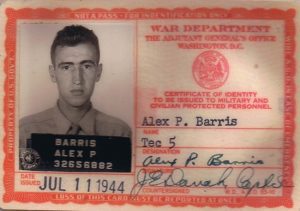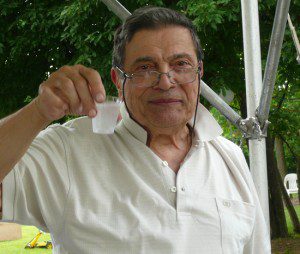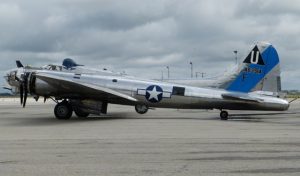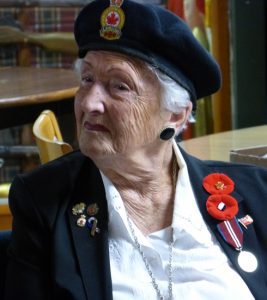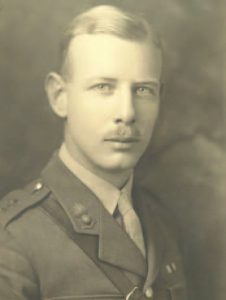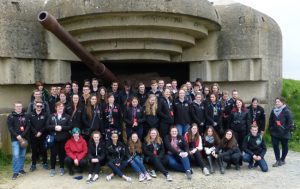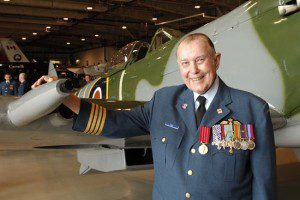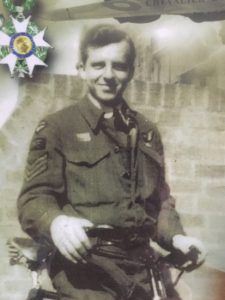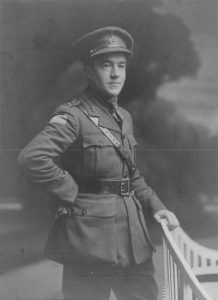
The padre stepped up to the lectern this past Sunday morning in Shedden, Ont. The audience at the community centre for the Remembrance service settled into silence. The clergyman unfolded his papers, that I thought would contain a prayer, a piece of scripture or perhaps the words of a hymn. But, no, he looked out at the assembly of cadets, veterans and the public in the audience and introduced his Nov. 11 thoughts this way.
“From simple actions, come astonishing results,” he said. (more…)

